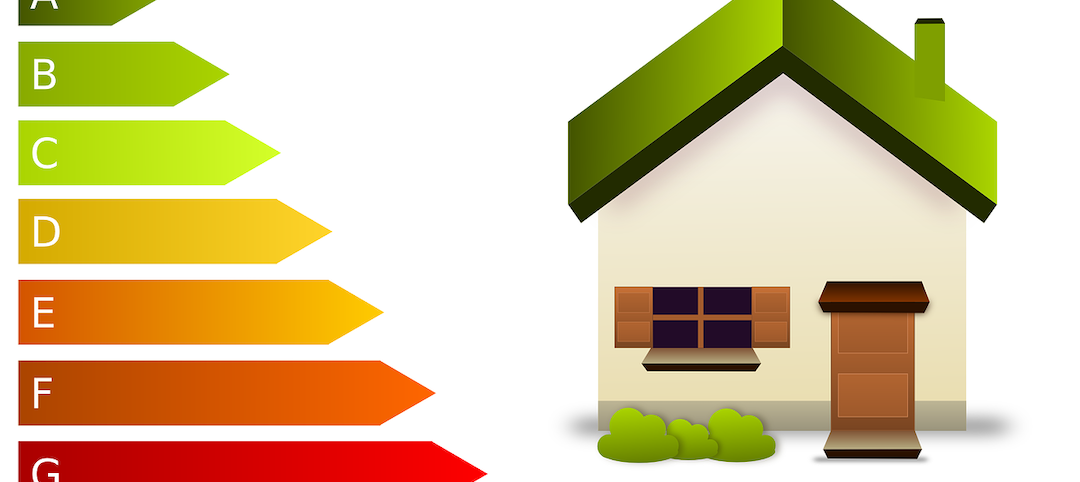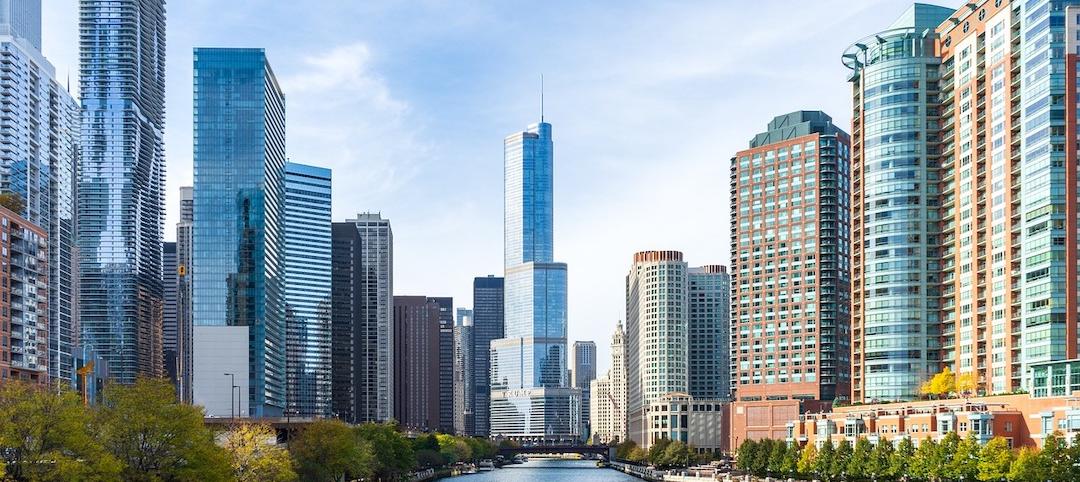A new report by the Council on Tall Buildings and Urban Habitat (CTBUH) investigates the potential for rope-less and multidirectional elevator cabins for high-rise buildings.
The technology runs on a series of seamless loops, powered by magnetic levitation. These rope-less and multidirectional elevator cabins could follow multiple routes within a given building.
This would reduce the number of shafts needed and increase rentable area, while also allowing elevators more options in terms of where they stop across a building’s dimensions. This technology could be paired with skybridges and skyspaces to link communities together at height.
This concept could bolster “the critical link between a piece of architecture and the urban sphere, while combating some of the insularity endemic to skyscrapers,” according to CTBUH. The report is the result of two years of research by the CTBUH Research Office in Venice, CTBUH staff, professionals in the field, and a research team of architecture and supporting academic advisors. It is part of a series of research reports that offer insight into specific areas of skyscraper research.
Related Stories
Codes and Standards | Feb 18, 2022
Proposal would make all new buildings in Los Angeles carbon-neutral
Los Angeles may become the next large city to ban fossil fuels from new construction if legislation recently introduced in the city council becomes law.
Codes and Standards | Feb 18, 2022
U.S. Army outlines ambitious renewable energy and decarbonization goals
Net-zero emissions in all procurements and a microgrid at every base among aims.
Codes and Standards | Feb 17, 2022
Pandemic won’t alter urban planning
City planners focused on returning to ‘old normal’.
Codes and Standards | Feb 16, 2022
California court rules affordable housing developers exempt from local zoning
Case could set precedent on state law that overrides local rules.
Codes and Standards | Feb 15, 2022
FORTIFIED resiliency standard expanded to include multifamily sector
Voluntary, beyond-code program aims to protect buildings from severe weather.
Codes and Standards | Feb 10, 2022
Number of Americans at risk of flooding to double in 30 years
Most new risk from new development, not climate change.
Codes and Standards | Feb 10, 2022
Intl. Code Council committee on diversity seeks applicants
New board aims to increase diversity in the membership association.
Codes and Standards | Feb 9, 2022
Climate impact of gas stoves in U.S. equal to half a million cars
New study could increase momentum to ban fossil fuels in new buildings.
Codes and Standards | Feb 7, 2022
Energy efficiency ratings not reflecting true energy use
Highest rated U.K. buildings are less efficient than lower rated ones.
Codes and Standards | Feb 3, 2022
Illinois tops USGBC list of states with the most LEED certified projects in 2021
Top 10 states plus D.C. certified more than 247 million gross square feet.

















